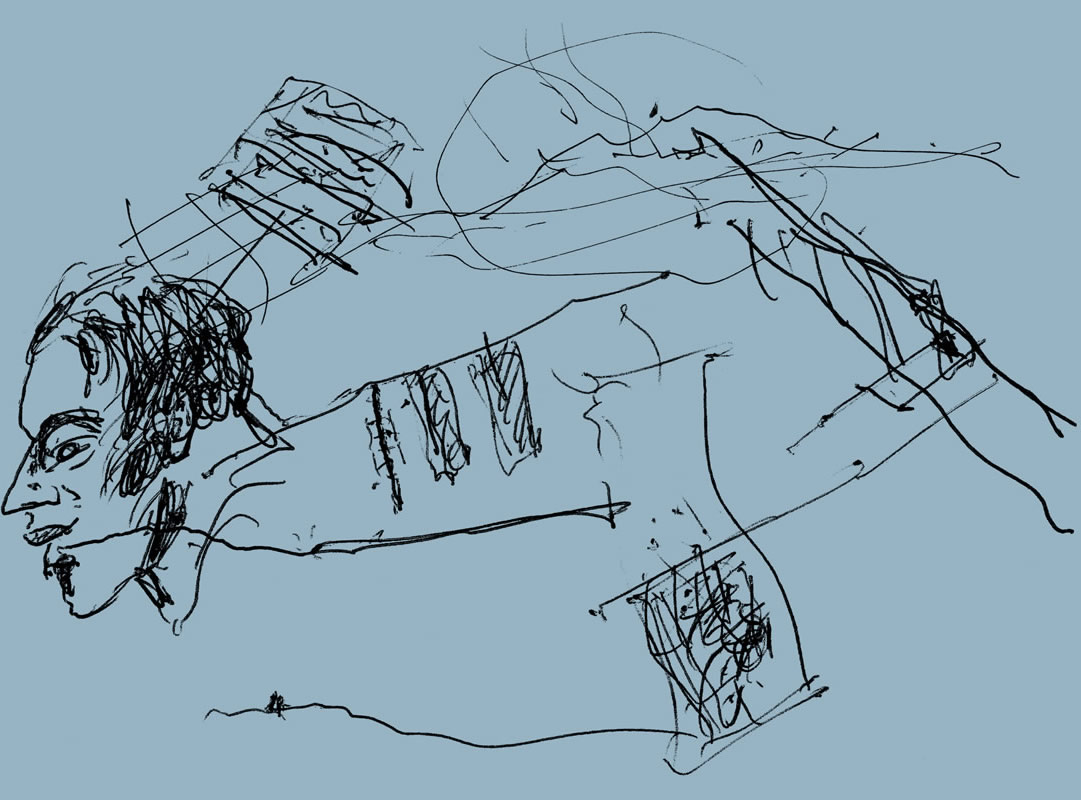The latest instalment of our series of AR Reading Lists: seven carefully chosen pieces from our archive, free for registered users
The change in presidency in the United States this week has been spoken about by many as a kind of temporal break: with the bad thing now being over and behind us, the period to come has perhaps been viewed less as a new dawn and more as a return to safety, to comfort, to a middle ground guarded from the brutal violence of the far right. This shift away from the horrors of the previous presidency is unquestionably good, but the notion of ‘return’ also begs the question of what exactly we hope to return to, and if there is to be a new dawn, then what could the brightest day bring? This week’s reading list looks at utopia, from the construction of bounteous imaginaries to the built manifestations of past political dreams crumbling into ruin.
Register for free to read today and receive the AR Reading List straight to your inbox. Stay safe, and happy reading!
Troubles in Theory VI: from Utopia to Heterotopia, AR October 2014, Anthony Vidler
‘Utopias afford consolation: although they have no real locality there is nevertheless a fantastic, untroubled region in which they are able to unfold’
Perestroika of life, AR October 2017, Andrew Willimott
‘Not content with the status quo, here architecture offered a unique opportunity to concentrate visions of what should be – entertaining and demonstrating new ways of thinking and living’
Reputations: Manfredo Tafuri, AR June 2014, Marco Biraghi
‘Retracing the development of architecture from the late eighteenth century to the beginning of the seventies, he concludes by discounting any possibility of utopia for the architecture of the era of late capitalism’
The mirage of an ideal metropolis, AR June 2016, Nicholas Olsberg
‘From the Situationists to Superstudio and the Independent Group, the mix of anxious and exuberant thinking about ways and habits of living that produced the radical reimagining of the short-lived Space Age all focused on the city’
Unreal Futures: Jules Verne’s Paris in the Twentieth Century, AR October 2014, Matthew Beaumont
‘The book uses its futuristic narrative to identify the emergent dangers of a utilitarian culture that, in sanctifying financial and industrial Progress, sacrifices all human values on the altar of commercial accountancy’
The end of utopia, AR June 2016, Douglas Murphy
‘Since at least the 1980s, we’ve known that architecture doesn’t change people’s behaviour, except for the bad, that the consequences of making big plans will always be worse than what went before’
Bringing down the house: demolishing myths, AR February 2019, Eddie Blake
‘This demolition represented the death of an idea as much as the end of a building; it was an attempt to underline a perceived mistake, to wipe the slate clean. But, like trying to cure depression with paracetamol, demolishing buildings does not cure social ills. This demolition was a symbolic way to tell Americans the state could never solve their problems – they had to take care of themselves’
Subscribe today to join the conversation and help support independent critical architectural writing. Digital subscriptions are available and all our content is available online, anywhere in the world
 The Architectural Review An online and print magazine about international design. Since 1896.
The Architectural Review An online and print magazine about international design. Since 1896.


